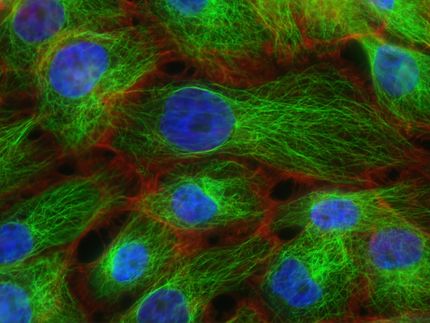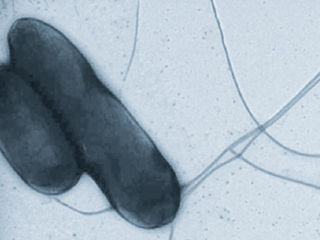immatics announces Phase II Results with its Therapeutic Cancer Vaccine IMA901 in Patients with Advanced Renal Cell Carcinoma
Results of multi-center phase II trial highlight the promise of cancer vaccines in showing strong signal for improved survival with significant correlation of immune response and survival and excellent safety profile
Advertisement
immatics biotechnologies GmbH announced that results from its Phase II clinical trial with IMA901 in patients with advanced renal cell carcinoma were presented at the 46th Annual Meeting of the American Society of Clinical oncology (ASCO) in Chicago. Following discussions with key opinion leaders, immatics plans to start a randomized, controlled pivotal clinical trial with IMA901 based on the positive outcomes from this Phase II study which highlighted the vaccine’s potential to confer a survival benefit in patients with advanced renal cancer.
The exploratory Phase II study recruited 68 patients with advanced/metastatic renal cell carcinoma who had failed previous first line therapy (either tyrosine kinase inhibitors (TKI) or cytokines). Patients in the study were randomized to receive one single infusion of cyclophosphamide (CY) as immunomodulator prior to the first vaccination with the multi-peptide vaccine IMA901. The study investigated disease control rate (DCR) at 6 months, progression-free survival, overall survival, correlation of immune response with clinical benefit, and safety and tolerability.
Patients randomized to receive a single dose of CY showed a strong trend towards improved overall survival versus patients who did not receive CY (p=0.086; median OS not reached after 23 months of follow-up in the CY-pretreated patients versus median OS of 16 months in the other patients). The survival data of this study compares very favorably to previous studies of the approved tyrosine kinase inhibitors sunitinib and sorafenib.
The relevance of this finding was further supported by data showing that CY – as prospectively hypothesized – significantly reduced regulatory T cells (Tregs), an immune cell population thought to inhibit TUMAP-specific immune responses. Finally, patients who were able to mount a vaccine-induced immune response against tumor-derived peptides contained in IMA901, showed significantly longer survival compared to those who did not (p=0.048 in all patients and p=0.006 in CY-pretreated patients).
With regard to the short-term endpoint DCR at 6 months, the study showed a strong trend towards an improvement compared to a prospectively defined no-effect threshold. The favorable safety profile observed in the previous phase I study was confirmed with most drug-related adverse events being mild local site reactions.



















































